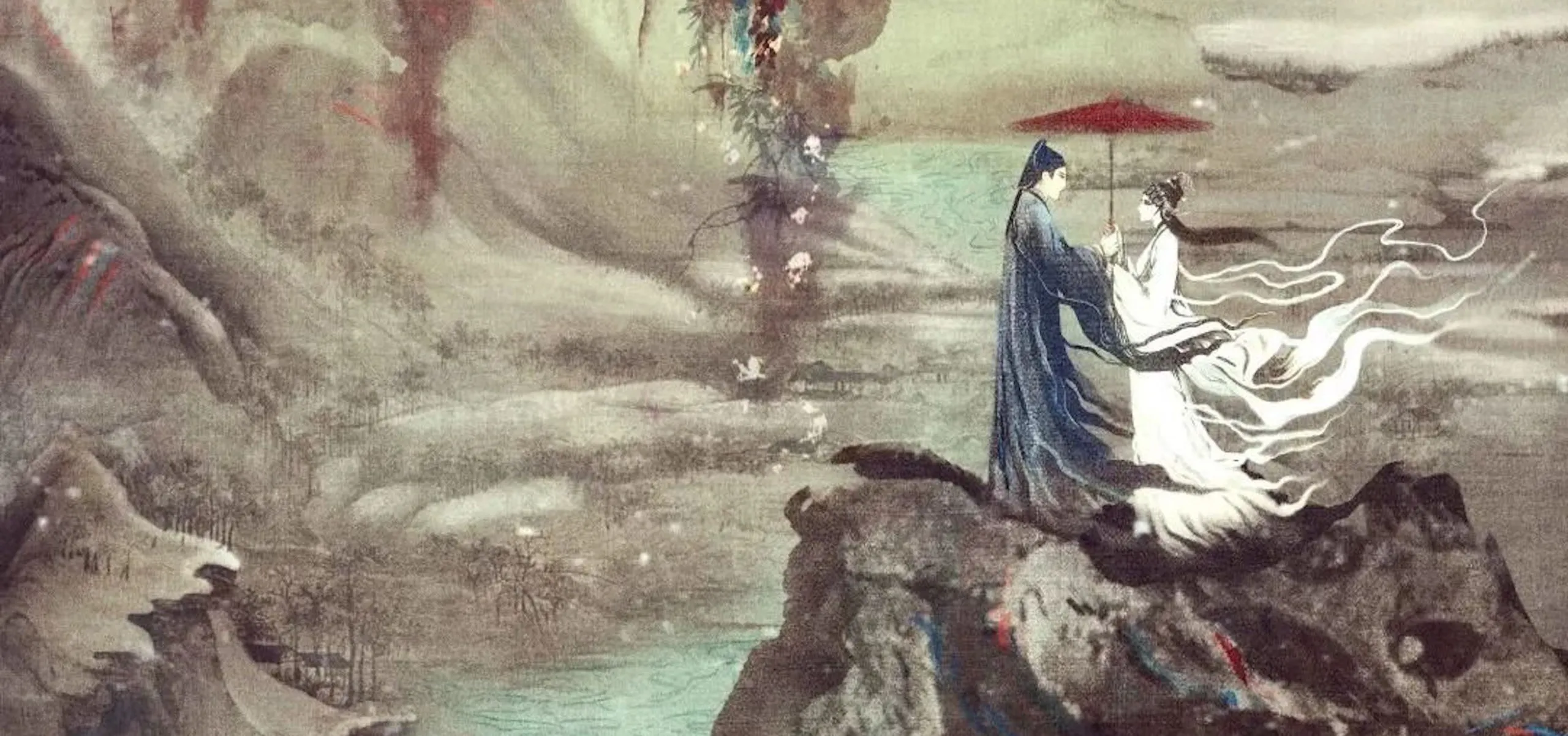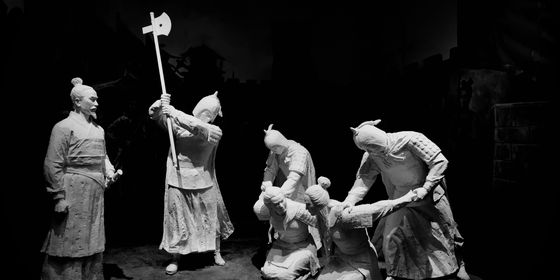After 1,400 years and countless adaptations, the legend of White Snake returns to the big screen (again)
When you’re adapting a folk tale that’s been around for 1,000 years, what can you do that’s new?
That’s the question for director Zhang Xianfeng, whose latest film The Legend of the White Snake: Love opened in China on May 20. It strives for novelty in a household legend that has been retold in countless forms over the centuries, from operas and plays, to TV dramas, movies, feminist novels, and comics books. But Zhang looks to an ancient medium—Cantonese opera, or Yueju (粤剧).
Based on a seven-year-old work of the Guangdong Cantonese opera troupe, the film version of The Legend of the White Snake: Love, is co-produced by Zhujiang Film Group and the troupe, in efforts to broaden the opera’s audiences. Despite high online ratings, it only generated 20 million RMB in ticket sales by the end of June. The high-pitched singing, exaggerated movements, and Cantonese narrations, which all come from its original Cantonese opera version make, it daunting for some viewers.
Yet mixing opera with cinema seems to have clicked with the younger generation, sparking discussion about Chinese opera on social media platforms. Its trailer garnered nearly 3 million views on Bilibili, Gen Z’s favorite video site. The rousing success of the movie could breathe new life into Chinese opera, which has long been on its way out of the modern media landscape’s center-stage due to a fading fan base.
The legend of the White Snake has been passed down orally since at least the Tang dynasty (618 – 907), with the best-known version first written in the Ming dynasty (1368 – 1644). It tells of two snake spirits—White Snake and Green Snake—who transform into a pair of young women to visit the human world. White Snake falls in love with a man named Xu Xian she meets on the banks of Hangzhou’s West Lake, and they marry. However, a fanatical monk named Fahai is determined to separate the lovers and banish the spirit, eventually imprisoning White Snake under the Leifeng Pagoda.
The tale has grown over the years to become one of China’s most popular love stories. Various adaptations have tried to infuse the old tale with new meanings: from love that transcends traditional boundaries, to the snake spirits’ anti-authoritarian or feminist ethos as they battle Fahai to free Xu Xian. Zhang’s 101-minute Yueju movie stays largely faithful to the original tale and preserves an older ending that more modern adaptions do away with.
Zeng Xiaomin, 43, a lead performer of the Guangdong Cantonese opera troupe, reprises her role of White Snake for the film. Other performers from the troupe, including Wen Ruqing (Xu Xian), Zhu Hongxing (Green Snake) and Wang Yanfei (Fahai) also show up in the film.













